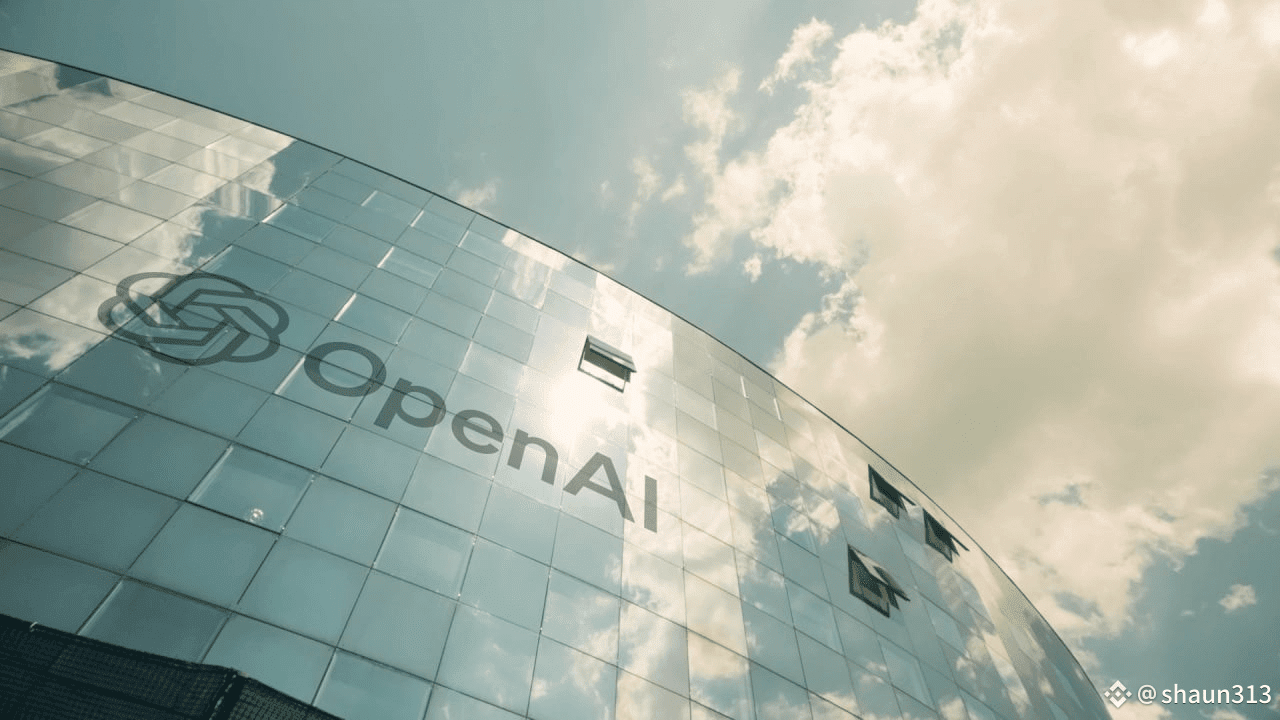
⚠️ OpenAI has raised concerns about tokens bearing its name that are being distributed by Robinhood, leading to a heated debate about the nature of these tokens. Supporters of Robinhood argue that unlike traditional equity, which represents direct shares in a company, Robinhood’s OpenAI tokens track the value of OpenAI in private markets.
#USCryptoWeek #BTC120kVs125kToday
🗨 A user on social media platform X clarified that OpenAI tokens are "real equity" backed by Robinhood’s stake in OpenAI acquired through a Special Purpose Vehicle (SPV). This clarification came after OpenAI stated that it had no involvement with the tokens and did not endorse the giveaway.
👤 Robinhood's co-founder and CEO, Vlad Tenev, acknowledged that while the tokens "aren’t technically" equity, they still "give retail investors exposure to these private assets." However, OpenAI countered this by asserting that any transfer of its equity would require its approval, which was not obtained for Robinhood’s giveaway.
These ‘OpenAI tokens’ are not OpenAI equity. We did not partner with Robinhood, were not involved in this, and do not endorse it. Any transfer of OpenAI equity requires our approval—we did not approve any transfer. Please be careful
the AI firm stated.
💥 OpenAI’s warning led to a backlash, with billionaire Elon Musk, an OpenAI co-founder, calling the AI firm’s equity "fake." Musk's comments prompted other users to question whether SpaceX, which he owns and is also subject to Robinhood’s equity tokenization, had an agreement with Robinhood regarding the giveaway of SpaceX tokens.
💡One user suggested that Robinhood’s tokenization of SpaceX equity could be a strategy to monetize its unrealized gains. They explained that by creating liquidity in a secondary market through tokenization, Robinhood could unlock a new revenue stream from its private stake in SpaceX while leveraging SpaceX's goodwill.